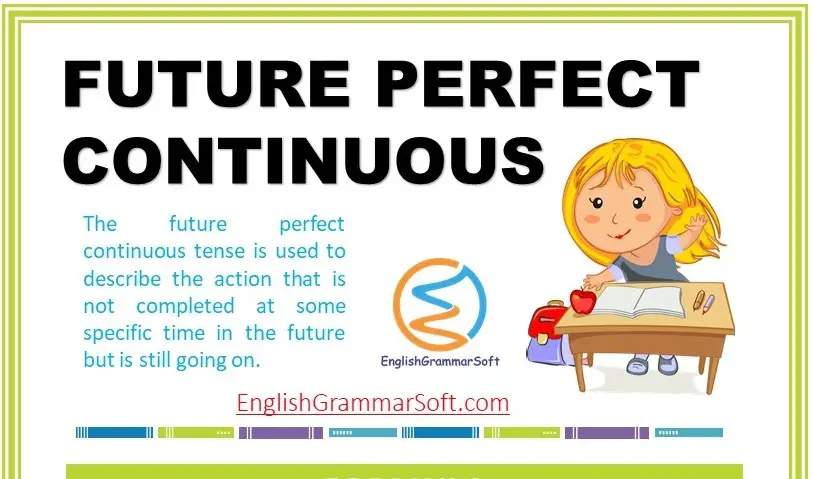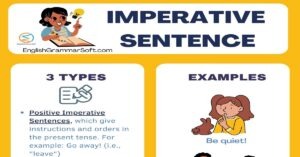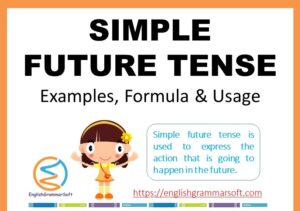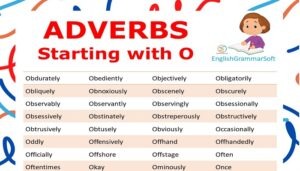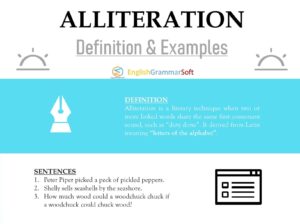Future Perfect Continuous Tense Formula, Rules & Examples
Future perfect continuous tense is the last one while discussing 12 tenses. In this post, we will discuss future perfect continuous tense examples, formula, and its usage. This tense, however, is not often used.
Definition
The future perfect continuous tense is used to describe the action that is not completed at some specific time in the future but is still going on.
Structure / Formula
Let’s see the formulas of affirmative, negative, and interrogative sentences.
Affirmative Sentences
Formula for affirmative sentences.
Subject + will have + been + present participle + time reference
He/She/It/I/We/They/You + will have + been + present participle + since/for
Examples
- They will have been living in this house for 15 years.
- We will have been staying at home by the end of this year.
Negative Sentences
Subject + will have + not + been + present participle + time reference
Examples
- They will not have been living in this house for 15 years.
- We will not have been staying at home by the end of this year.
Interrogative Sentences
Will + subject + have been + present participle + time reference + ?
Examples
- Will they have been living in this house for 15 years?
- Will we have been staying at home by the end of this year?
Rules / Usage
| Rules/Usage | Example |
| To emphasize the action duration from one time to another time in future. | By the end of this year, I will have been working here for 5 years. |
| How long actions will continue? | He will have been reading the novel for two hours. |
| To make prediction | The weather will have been cold all week by then. |
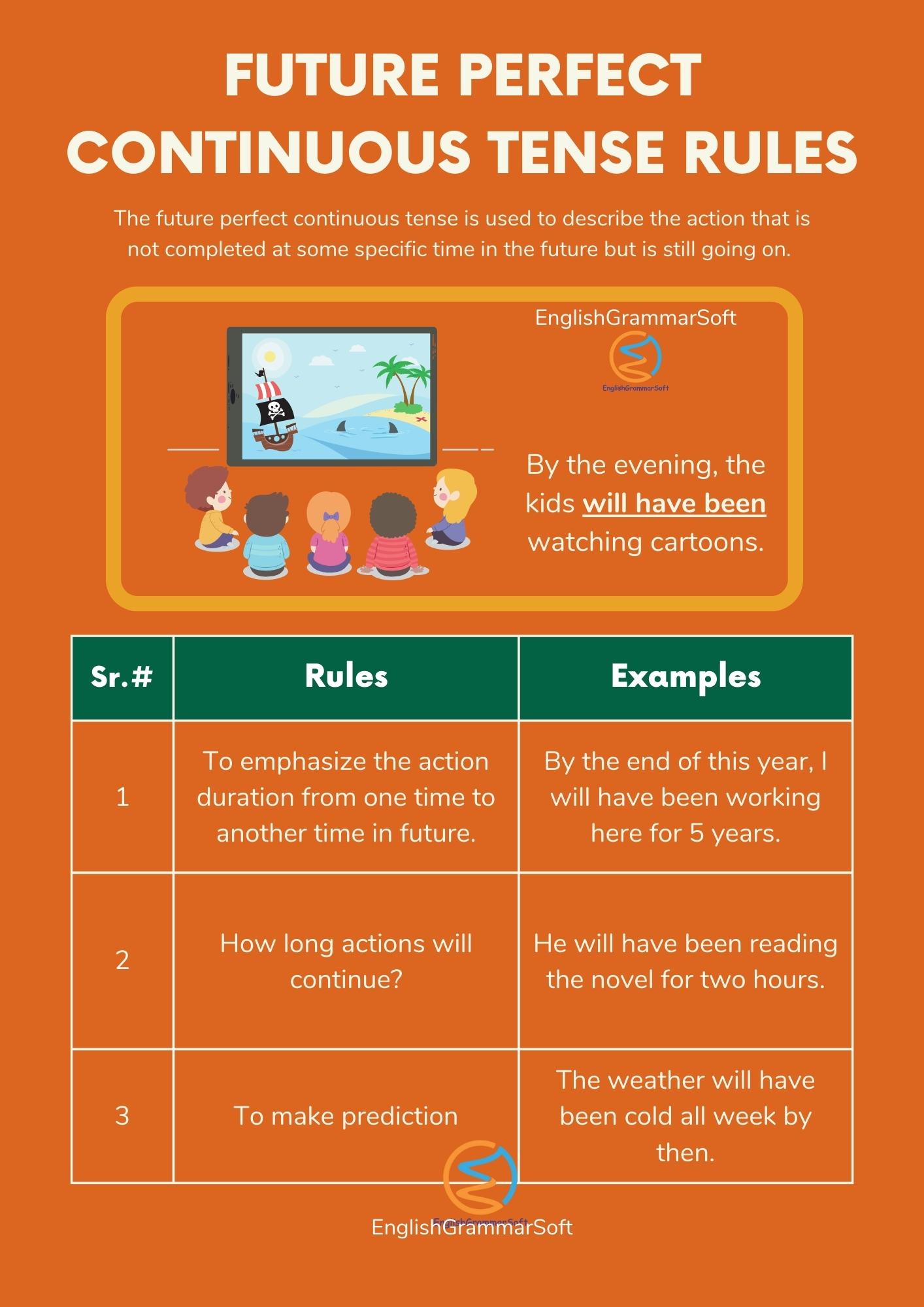
Examples
- How long will you have been living there?
- By the time they come home, I will have been cooking for one hour.
- How long will you have been cooking in the kitchen?
- I will have been drinking coffee for many years.
- Jimmy will have been attending the business meeting this year.
- The farmer will have been sowing crops by the end of next month.
- By the evening, the kids will have been watching cartoons.
- By the end of June, she will have been learning French for two months.
- By the end of this year, I will have been teaching in this college for 10 years.
- The couple will have been sitting at the beach for five hours by the evening.
- We will have been enjoying holidays at a hill station by the next week.
- He will have been traveling around the world for many years.
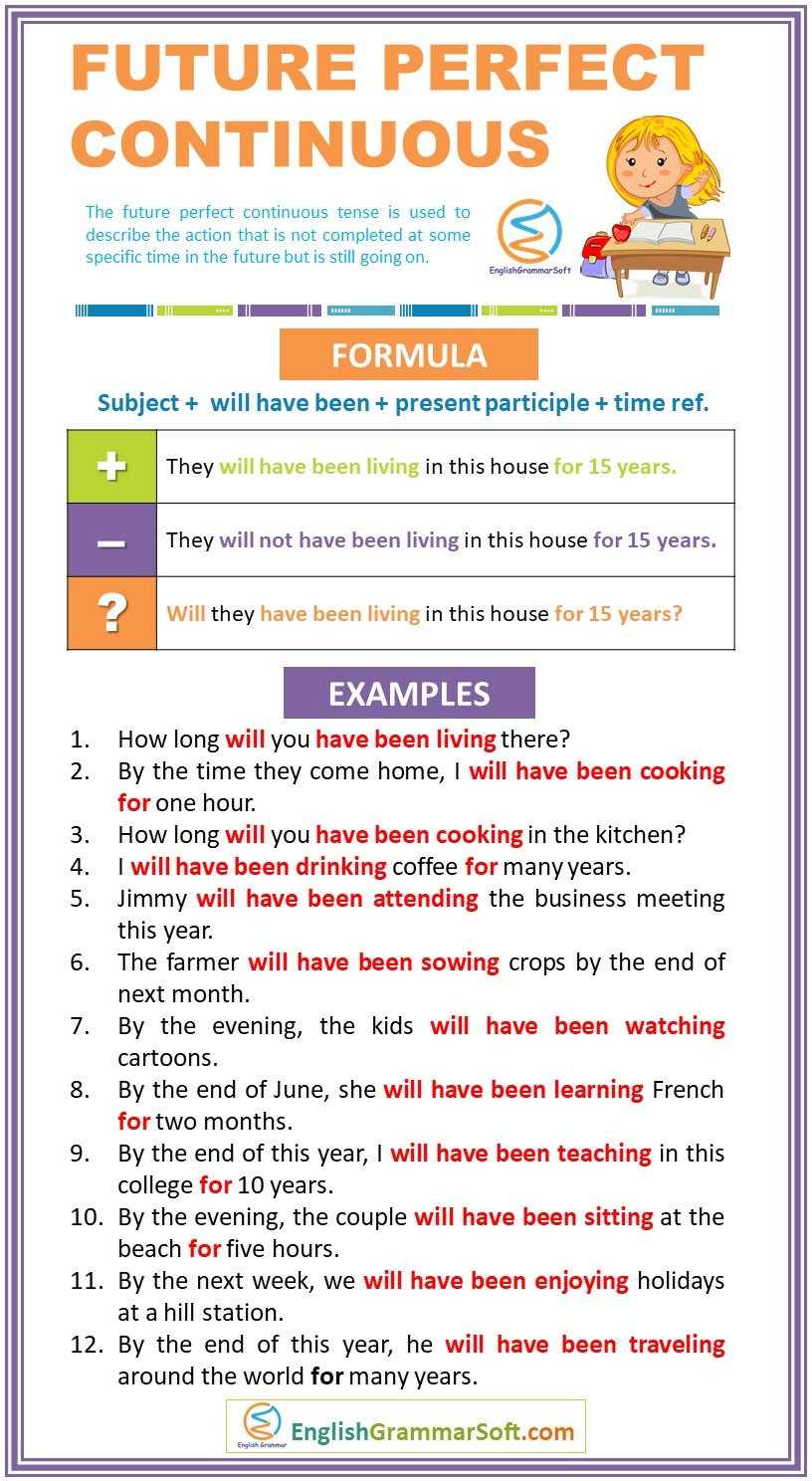
Further Reading
